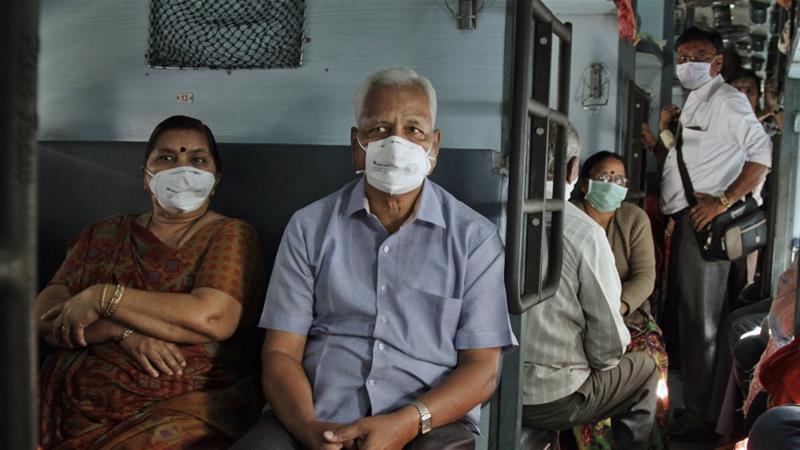Over forty people have died and more than one thousand tested positive for swine flu since the beginning of the year in a Western Indian State popular with foreigners.
The highly contagious virus, that spreads from human-to-human killed around one thousand one hundred people and infected fifteen thousand across the country last year.
At least two people suffering from suspected swine flu also died in New Delhi this month.
The capital has reported one hundred and sixty-eight cases until January thirteenth.
Swine flu cases generally spike in the winter months of December and January in the West and North of the country including Rajasthan and New Delhi.
Authorities in Rajasthan, famous for its deserts and palaces, have told doctors that they must seek permission before going on leave and plan a door-to-door campaign to detect infected patients.
Health officials have also launched an awareness campaign to sensitize people about symptoms, precautions and treatment, and have screened more than five thousand and one hundred people.
However, no travel advisory has been issued.
Since late 2010, swine flu has been classified as a seasonal influenza virus. According to the World Health Organization, the symptoms include fever, cough, headache, muscle and joint pains, sore throat and runny nose, and sometimes vomiting and diarrhea.









Comments are closed for this post.